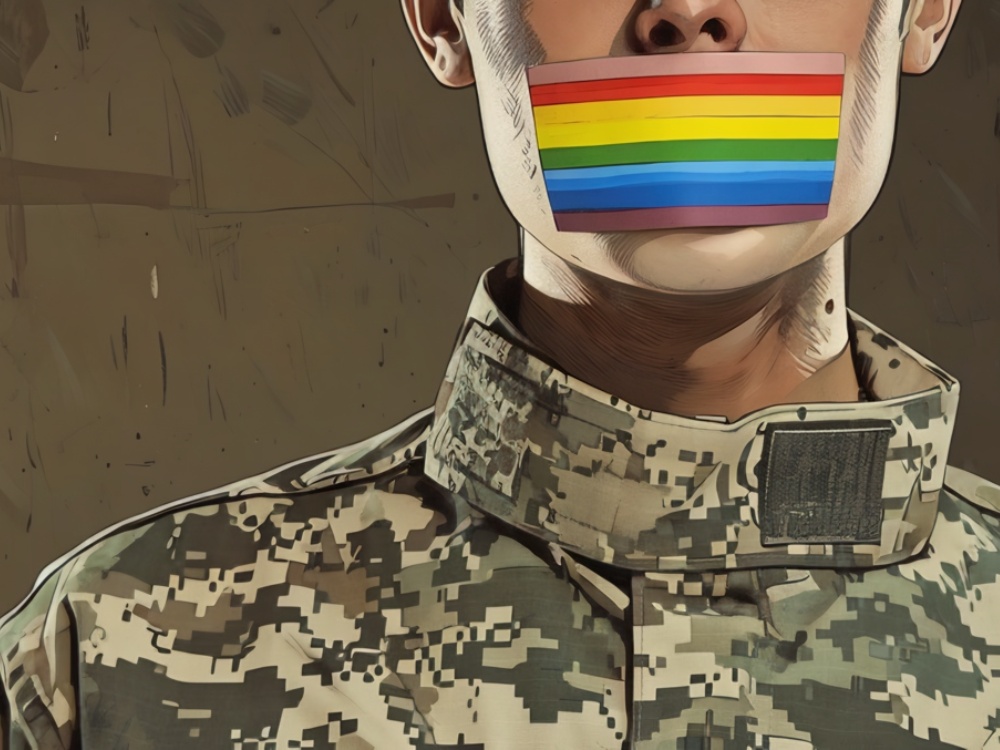In a move reigniting national debate over gender and civil rights, the U.S. Department of Education under the Trump administration has ruled that California’s trans-inclusive athletic policies breach Title IX protections.
The federal ruling targets the state’s existing guidance that allows transgender girls to compete on girls’ sports teams. Officials argue that this inclusive approach constitutes unfair treatment of cisgender female athletes, effectively redefining what they claim constitutes sex-based discrimination under federal law.
As a condition of continued federal education funding, California has been given just 10 days to:
- Repeal its trans-inclusive athletic policies;
- Enforce a binary, biological definition of sex;
- Retroactively update records and awards to reflect this new definition.
The ruling arrives amid Pride Month, though notably, the Department has labelled June “Title IX Month,” in what critics say is a pointed snub to LGBTQ+ visibility and rights.
California Pushes Back
California’s Department of Education and the California Interscholastic Federation (CIF) have pushed back against the ruling, defending the state’s policy as both legally sound and ethically essential for student inclusion.
“Inclusion and fairness are not mutually exclusive,” a CIF spokesperson said, reiterating the importance of allowing all students—trans youth included—to participate fully and safely in school sports.
Governor Gavin Newsom responded with cautious criticism, calling the federal mandate a threat to the civil liberties of California’s students and a concerning overreach of federal authority.
Advocates Raise Alarm
LGBTQ+ advocacy groups swiftly condemned the federal ruling, warning that forced policy rollbacks could have far-reaching impacts on the mental health and well-being of transgender students, not just in California but nationwide.
“This is about more than sports,” said one national LGBTQ+ rights group. “It’s about whether trans kids are allowed to belong, to participate, and to thrive in their schools.”
The Department of Education’s stance sets the stage for what could become a major legal and cultural clash over how sex and gender are defined and protected under U.S. civil rights law.
With the deadline now ticking, the country watches closely as California weighs its options—and trans youth brace for the consequences.



































